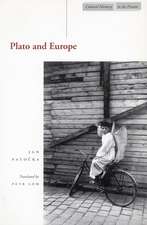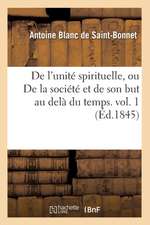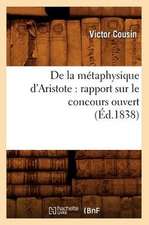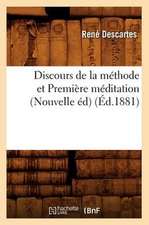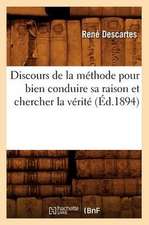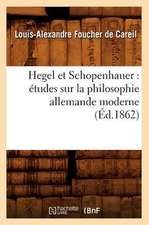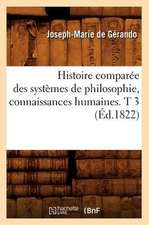Heretical Essays in the Philosophy of History: Essays, Meditations, Tales
Autor Jan Patocka Editat de James Dodd Traducere de Erazin Kohaken Limba Engleză Paperback – 31 dec 1998
Heretical Essays is Patocka's final work, and one of his most exciting and iconoclastic. Patocka begins with prehistory, approached through the "natural world" as conceived by Husserl and Heidegger.
According to Patocka, nature is as an alien construct, and history, which began as a quest for higher meaning, ends with life as self-sustaining consumption. Patocka explains how Europe declined from its Greek heritage to seek power rather than truth, splintering into ethnic subdivisions, and then how the Enlightenment moved Europe from an ethical to a material orientation.
This book includes a translation of the Preface to the French Edition by Paul Ricoeur.
According to Patocka, nature is as an alien construct, and history, which began as a quest for higher meaning, ends with life as self-sustaining consumption. Patocka explains how Europe declined from its Greek heritage to seek power rather than truth, splintering into ethnic subdivisions, and then how the Enlightenment moved Europe from an ethical to a material orientation.
This book includes a translation of the Preface to the French Edition by Paul Ricoeur.
Preț: 206.99 lei
Nou
Puncte Express: 310
Preț estimativ în valută:
39.61€ • 41.46$ • 32.77£
39.61€ • 41.46$ • 32.77£
Carte disponibilă
Livrare economică 17-31 martie
Livrare express 01-07 martie pentru 24.92 lei
Preluare comenzi: 021 569.72.76
Specificații
ISBN-13: 9780812693379
ISBN-10: 081269337X
Pagini: 200
Dimensiuni: 153 x 229 x 17 mm
Greutate: 0.34 kg
Editura: Open Court
ISBN-10: 081269337X
Pagini: 200
Dimensiuni: 153 x 229 x 17 mm
Greutate: 0.34 kg
Editura: Open Court
Textul de pe ultima copertă
History begins inseparably with the birth of the polis and of philosophy. Both represent a unity in strife. History is life that no longer takes itself for granted. To speak, then, of the meaning of history is not to tell a story with a projected happy or unhappy ending, as Western civilization has hoped, at least since the French Revolution. History's meaning is the meaning of the struggle in which being both reveals and conceals itself. Technological society represents both the triumph of historicity and its implosion, since here humans turn from reaching for the sacrum imperium - life lived in the perspective of truth and justice - to the mundane satisfaction of mundane needs, to life lived for the sake of catering to life.


